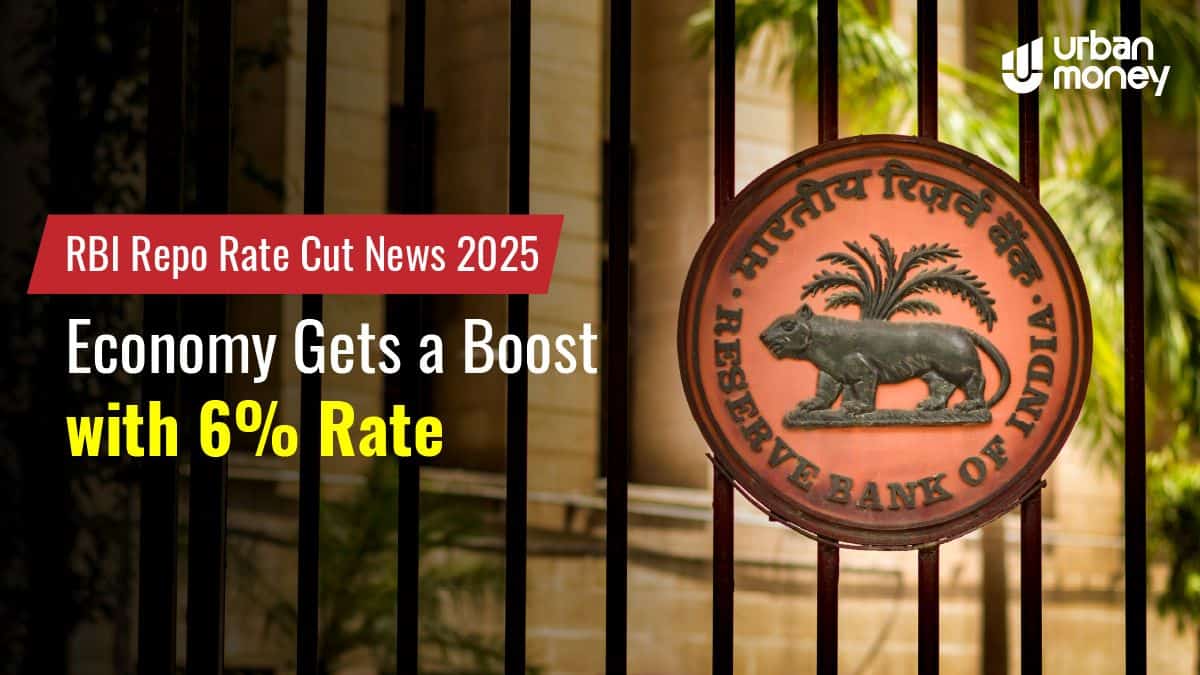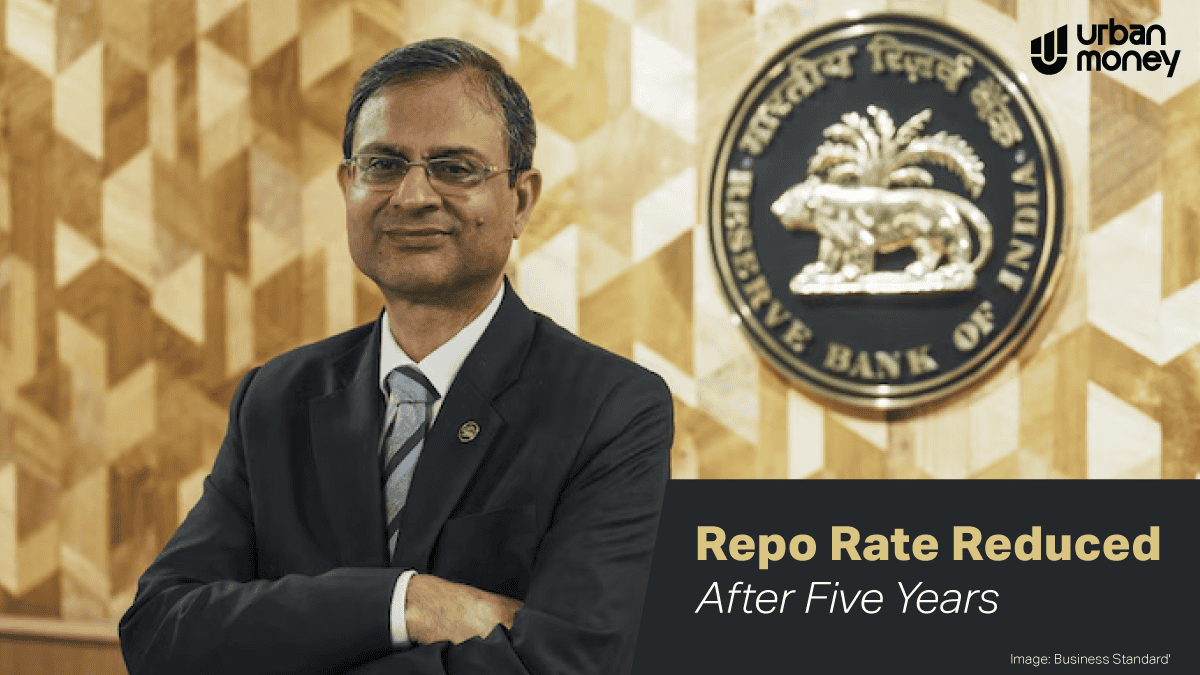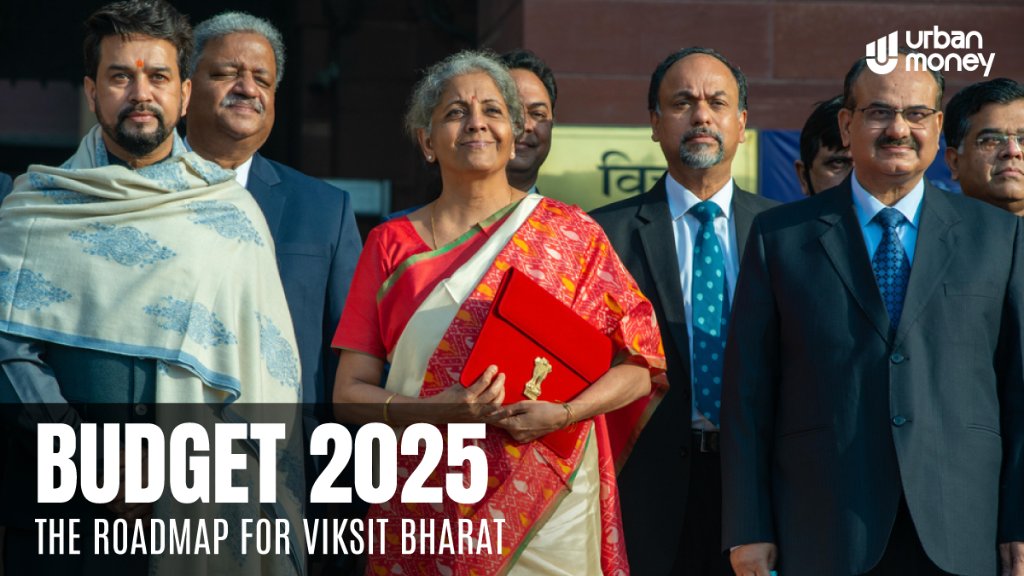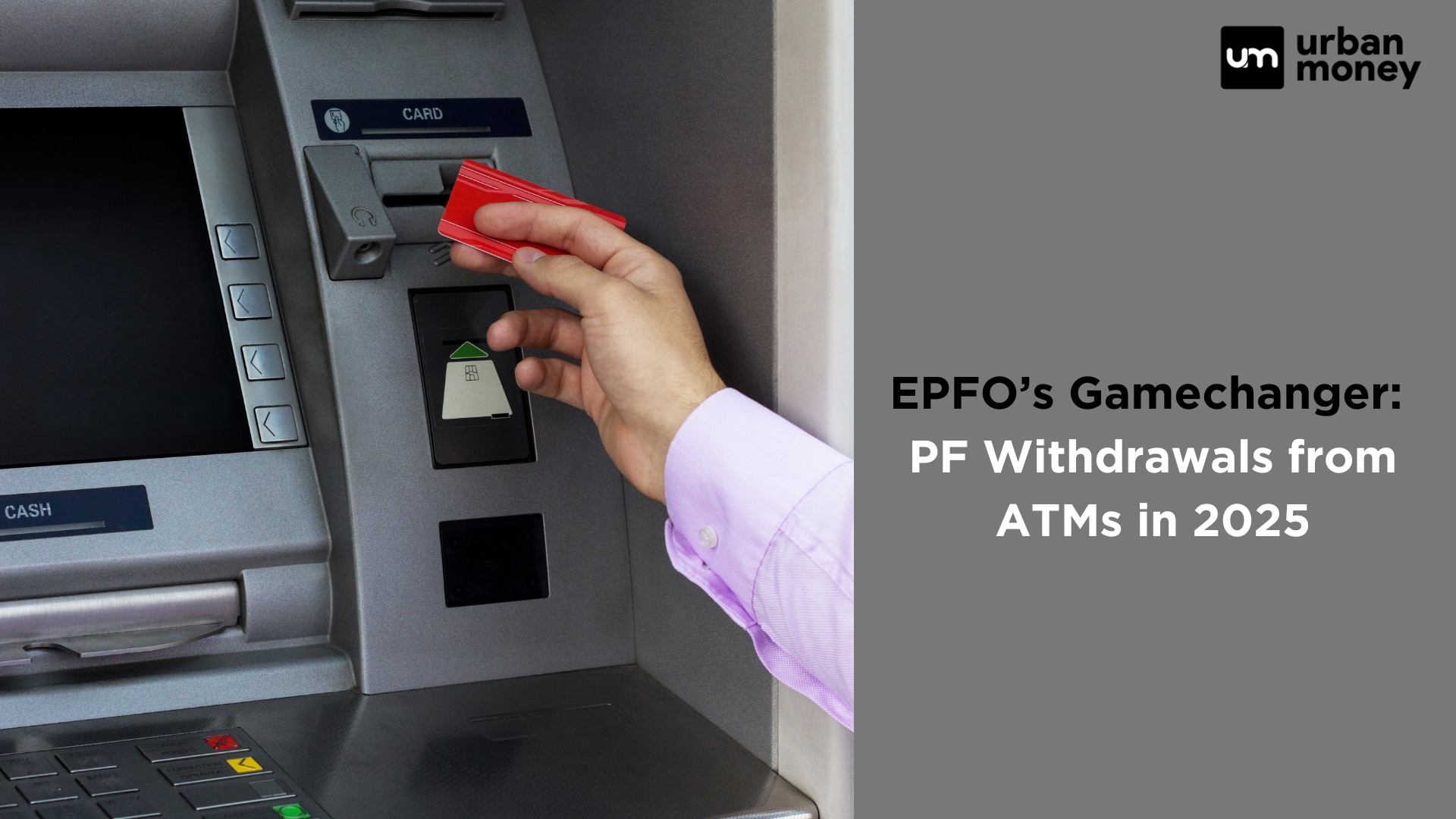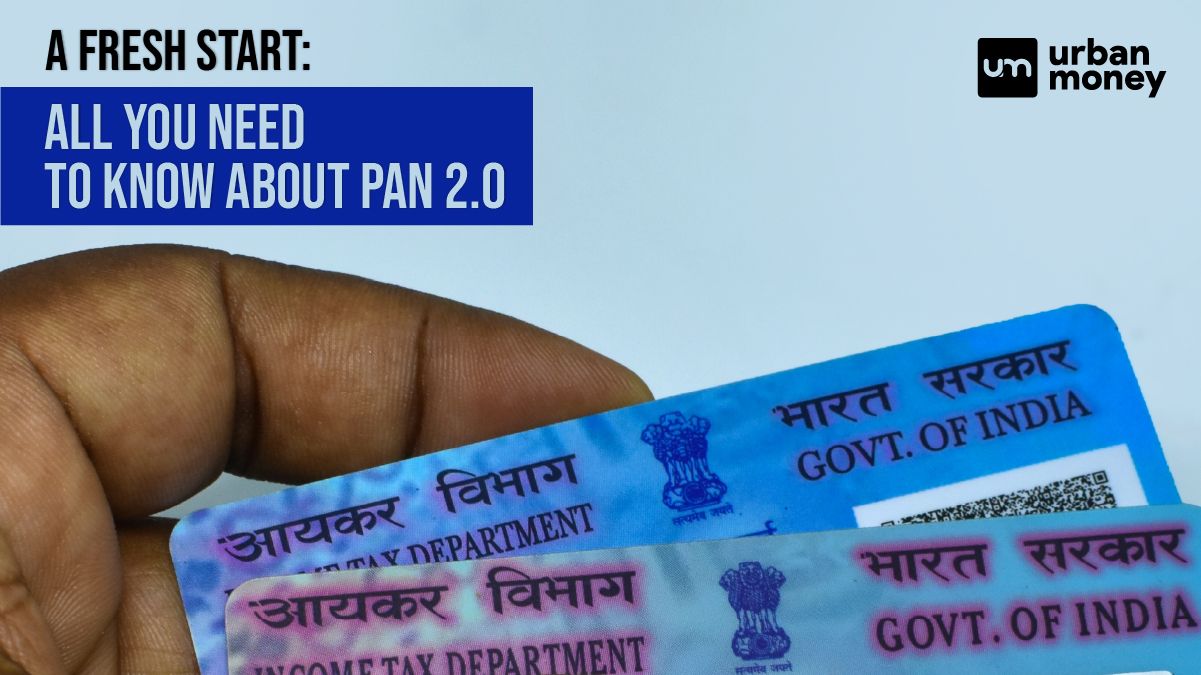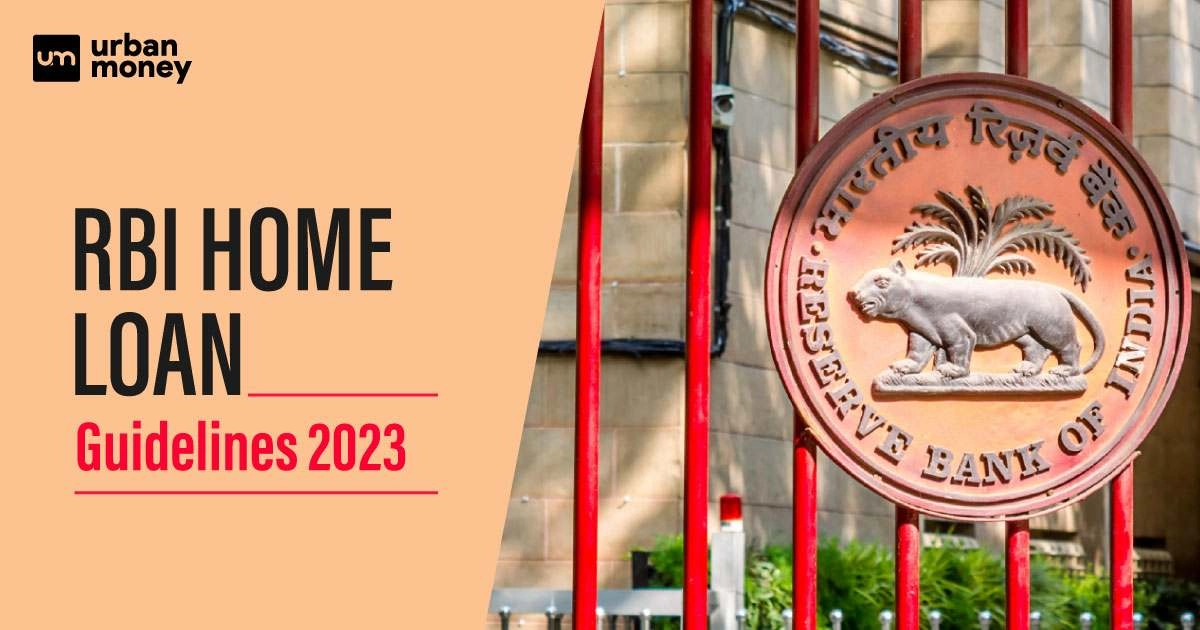Top 10 Best Private Banks in India List 2025
January 09, 2025
Financial News | Currency Revamp Countdown: Deposit or Exchange Your Rs 2000 Notes

May 23, 2023
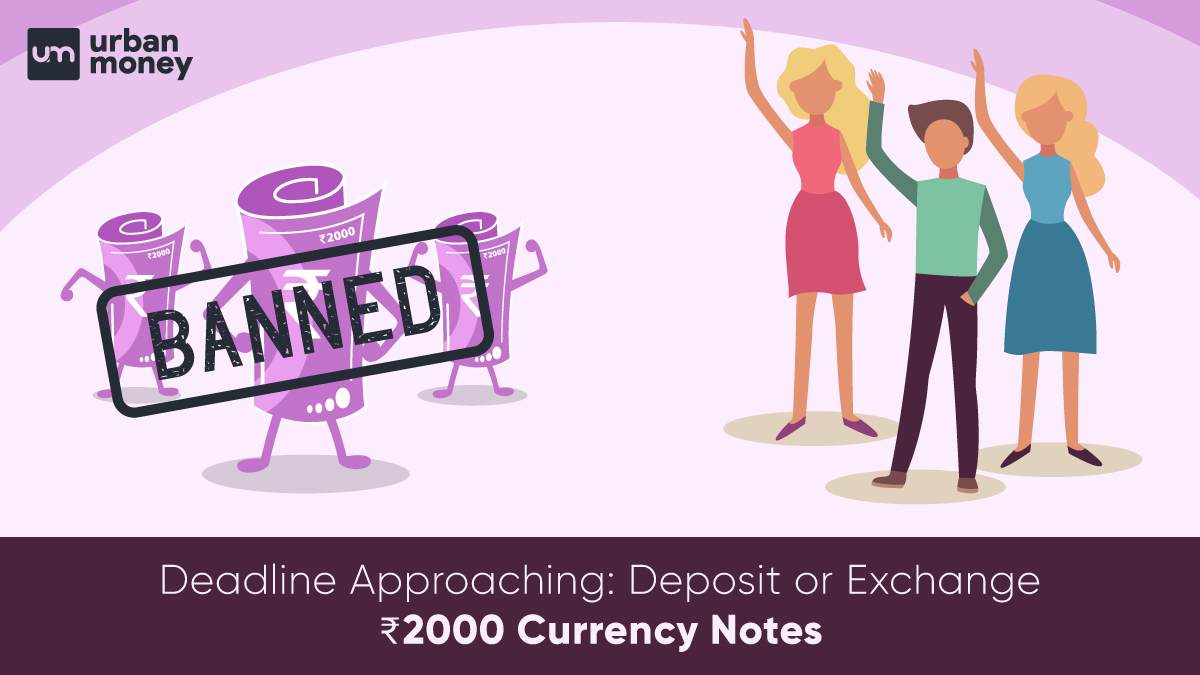

After the unexpected turn of demonetisation, banning the INR 2,000 notes in India has sent shockwaves through the citizenry. The abrupt announcement has left people in a state of bewilderment, concerned about the impending chaos that lies ahead.
In a twist that caught the nation off guard, the Reserve Bank of India (RBI) has made a surprising proclamation: the INR 2,000 notes are bidding us farewell from the world of circulation. By September 30, 2023, owners of these notes are urged to deposit them and exchange them for lesser denominations of money. Fear not, though; even after the stipulated date, the INR 2,000 notes will continue to be accepted as legal money, according to the central bank.
People around the nation are debating the consequences of this shocking statement and want clarification on how to exchange their INR 2,000 notes. If you ever find yourself in this situation, don’t worry; we have brought all the solutions right here. Learn why the RBI decided to stop printing the INR 2,000 note, what to do with your notes, and the procedures and locations for depositing or exchanging them.
Latest Buzz:
These stats clearly state the havoc and inconvenience created since RBI took over to announce the discontinuation of the 2000 rupee notes.
Table of Contents
ToggleThe RBI has set a September 30, 2023, deadline for exchanging INR 2,000 notes. It is crucial to ensure that the exchange process is finished by the deadline, whether through depositing money into an account, through post offices, RBI offices or exchanging at nearby bank branches.
To exchange 2000 rupee notes in the bank, follow the given procedure:
Notably, deposits may be made without limitations and are subject to current directives and relevant legal requirements. Beginning May 23, 2023, people can swap INR 2,000 banknotes up to a cap of INR 20,000 at a time at any bank, according to the RBI.
However, citizens can exchange INR 2000 notes through Business Correspondents but the max limit caps at INR 4000 per day.
Whether you decide to exchange notes through a Bank, Post Office or RBI office, you don’t have to pay any charges for the same. Additionally, depositing INR 2000 banknotes don’t seek any associated charges.
An individual who is a non-account holder also gets the chance to exchange INR 2000 banknotes. At the time, the individual could only exchange 10 notes 2000, which account for INR 20000, through any bank branch.
The Reserve Bank of India (RBI) has stated that the INR 2,000 notes will continue to be accepted as legal tender. This indicates that people can still use and accept these notes as payment for goods and services. But before September 30 this year, the RBI urged people to deposit and/or swap their INR 2,000 notes.
There are some restrictions on persons looking to swap their INR 2,000 bills. Up to INR 20,000 worth of these notes can be exchanged by one person at a time. Additionally, they can adhere to the relevant Know Your Customer (KYC) regulations and deposit the INR 2,000 notes into their bank accounts. The notes can also be exchanged through business correspondents, with account users having a daily exchange limit of INR 4,000.
There are no limitations when it comes to deposits. According to the RBI’s regulations, people can deposit their INR 2,000 banknotes into their bank accounts and then withdraw money against such deposits. The public’s convenience is ensured by the exchange facility’s free provision.
In view of the facts above and compliance with the Reserve Bank of India’s “Clean Note Policy,” it has been decided to remove the 2,000 denomination banknotes from circulation. Through this strategy, the RBI seeks to guarantee that premium banknotes are accessible to the general people.
The introduction of 2,000-rupee banknotes in 2016 during the demonetisation phase, according to an official statement by the RBI, achieved its purpose after a plentiful supply of banknotes in other denominations became easily accessible. The printing of 2,000 rupee banknotes ended as a result in 2018–19.
The RBI announced that beginning on May 23, 2023, people will be able to exchange 2,000 banknotes for banknotes of lower denominations, up to a ceiling of 20,000 at a time, at any bank, to facilitate operational ease and prevent disruption to ordinary banking activities.
Individuals can easily exchange 2,000 rupee notes through banks, Post Offices, RBI Office or by depositing the amount in a bank account.
Yes, you can still exchange notes without having a bank account—however, the 2000 rupee notes deposit limit clocks at 10 notes at a time.
At a time, you can exchange 10 notes, i.e. INR 20,000 in case of bank exchange. However, if you choose Business Correspondent, the 2000 note deposit limit is INR 4000.
No, you don’t have to pay any charges to exchange notes through the bank. From where can these 2 thousand notes be changed?
I do not have a bank account, so can I exchange notes without it?
How many notes can be exchanged at a time?
Will there be any charge to the bank for the exchange of notes?








© 2025 www.urbanmoney.com. All rights reserved.

Need Loan Assistance?

Thank you for showing your interest. Our agent will get in touch with you soon.






